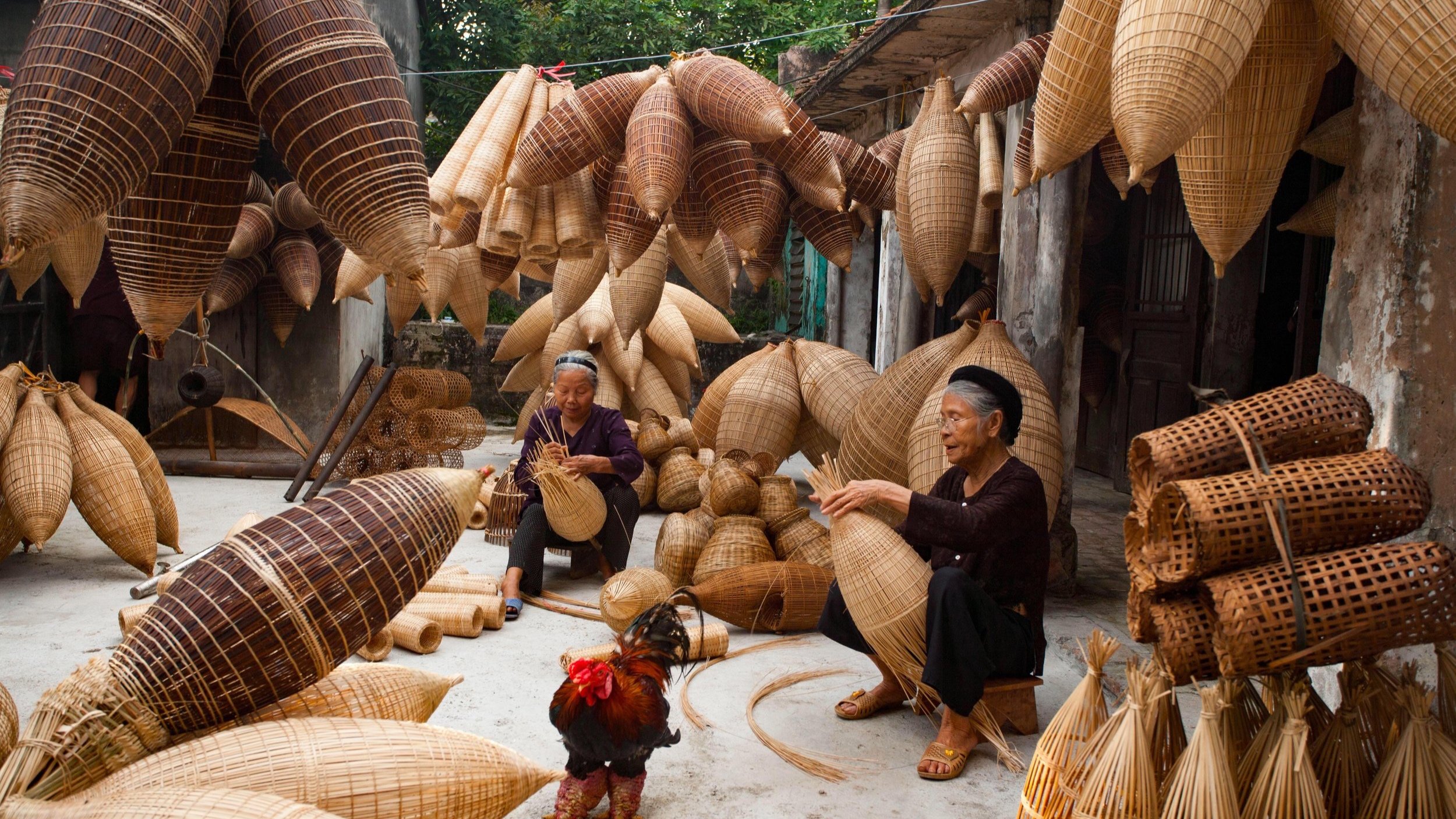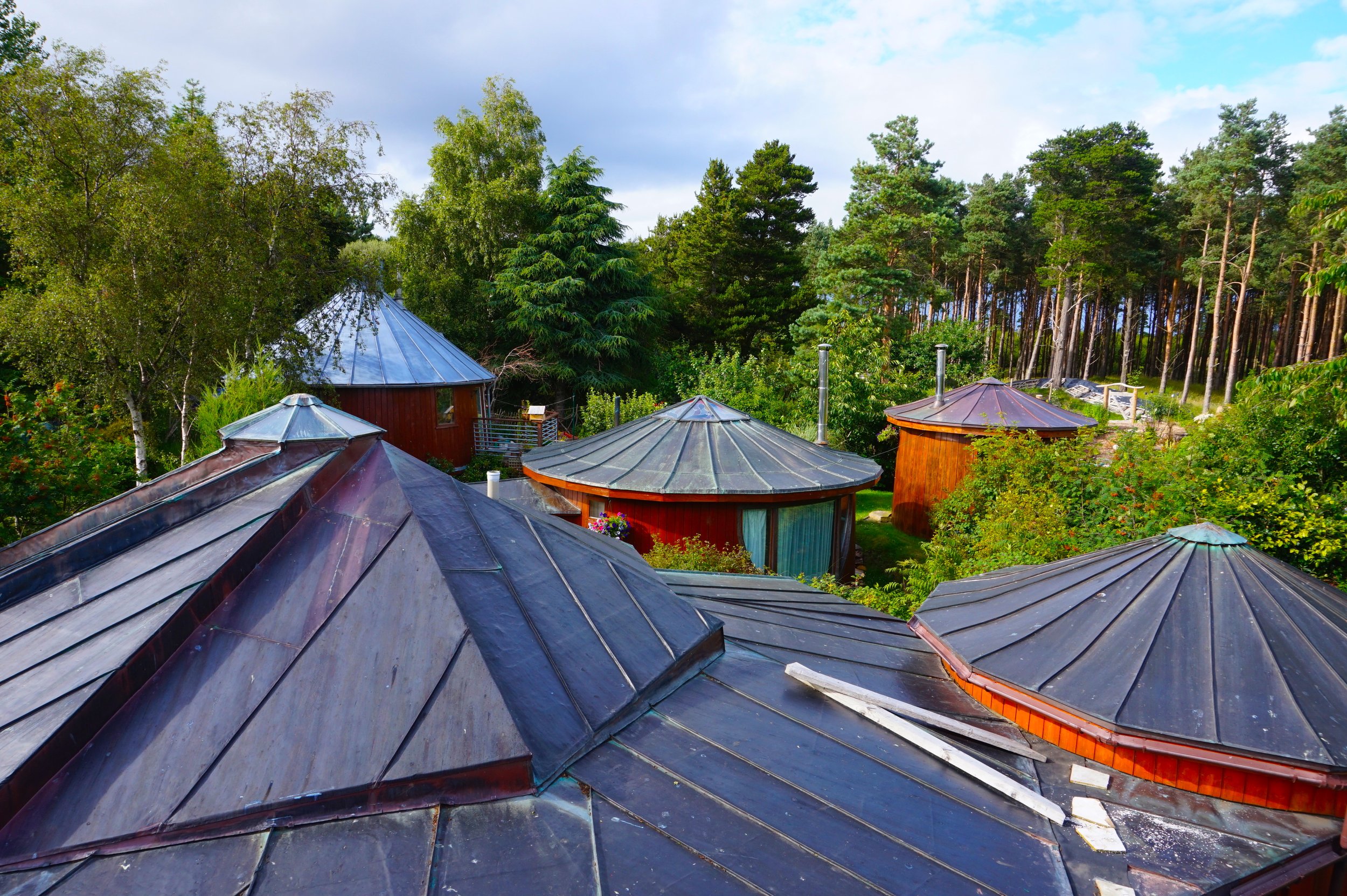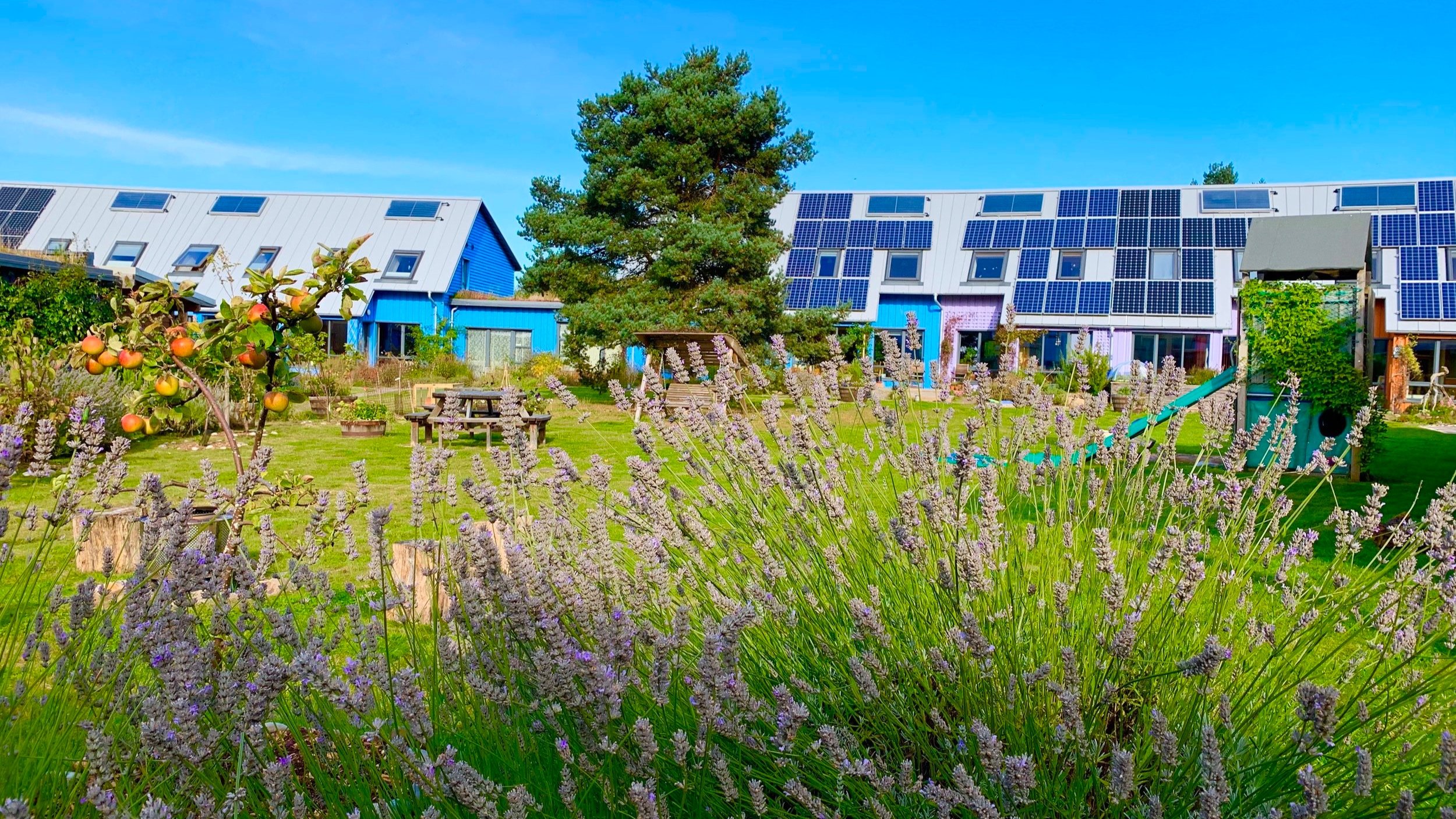Everyday a World Environment Day – designing plastic out of our lives
World Environment Day 2023 -a good day to revisit the human-centred belief system that views nature as the means to human ends and well-being. Image by Xuon Don
World Environment Day is the United Nations’ day for encouraging worldwide awareness and action to ‘protect’ the environment, with participation from over 143 countries annually. First held in 1973, it has become a platform to raise awareness on issues such as marine pollution, overpopulation, global warming, and wildlife crime. World Environment Day 2023 is a reminder that people’s actions on plastic pollution are critical. But also, the day should provide an opportunity for collective reflection on our addiction to plastic and deepen the commitment of individuals, communities, cities, and businesses to change how we produce, consume and dispose of our plastics.
This is also a good day to revisit the human-centred belief system that views nature as the means to human ends and well-being. For centuries, the Western world has held an anthropocentric understanding of what it means to be human often in opposition to what is considered natural, positioning humans as separate from and superior to nature, which is to be managed for the benefit and improvement of the human condition. The concept of anthropocentrism has been challenged by biocentric perspectives, which stress the intrinsic value of all living beings and argue that human development lacks meaning without a healthy planet. So why are we continuing to trash our living planet?
Many of us in the industrialized world have been recycling for decades – as has been the case in the eco-community of Findhorn in the Northeast of Scotland. Here, we separate our glass, plastics and paper into the appropriate bins, and our textiles in the ‘boutique’ – a kind of charity shop where you can claim any piece of available clothing without needing to pay. But then where does it all go when we truly finish with it? Are we doing enough to reduce our impacts? And what about those parts of the world that have become the dumping grounds for our goods, or places where there simply aren’t recycling systems in place?
The famous recycled whisky barrel homes at Findhorn Image by May East
The 2023 World Environment Day campaign #BeatPlasticPollution, calling for global solutions to combat plastic pollution, should be run as a continuous effort to prevent between 4.8 and 12.7 million tonnes of plastic ending up in the oceans each year as a result of the linear take-make-waste model of consumption. Our addiction to plastic is reflected in the production of 400 million tons of plastic a year, with up to 50% of that for single-use purposes – utilized for just a few moments, but lingering on the planet for at least several hundred years.
We are changing nature on a global scale and the impacts of our actions are being distributed unequally. What can be practically done to resolve this situation? To begin with, we can all refuse to purchase single use plastic items and products wrapped in excessive packaging. By producing over 60% of its fresh food and bulk buying locally, Findhorn ecovillage ticks the box of avoiding food packaging.
Is this beautiful? Santa Cruz de Tenerife awareness raising campaign on the amount of waste it is collected daily in their streets Image by May East
In terms of the development model, UNEP argues for the need to transition to a circular economy. Those in business can design plastic out of their supply chains. Individuals can adopt new habits to limit their plastic footprints. Amongst other actions, we can carry reusable water bottles and shopping bags with us, ditch cling film and say no to disposable plastic cutlery and plastic straws.
In nature there is no true wastage. Ecosystems operate in cycles — plants grow in soils, animals eat plants, insects and other coprophages consume dung and the recycled nutrients enter the soils. Adopting a true ‘we are nature’ biocentric worldview may inspire us to rejoin this closed loop system, whereby one actor in the system’s waste, is really another’s treasure. Plastic pollution is just one piece of the puzzle. The more our ecosystems thrive, the more we thrive.
In nature there is no true wastage. The more our ecosystems thrive, the more we thrive. Image by May East




